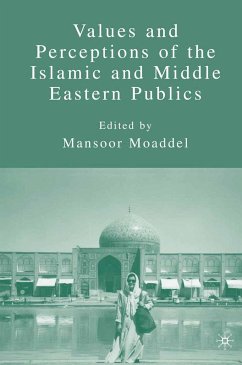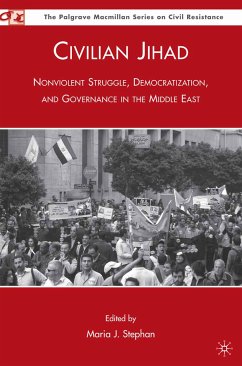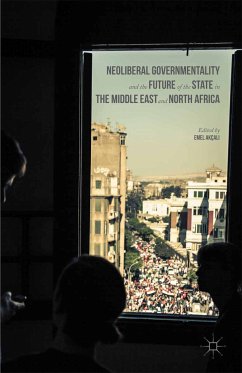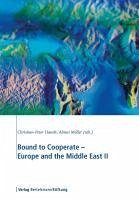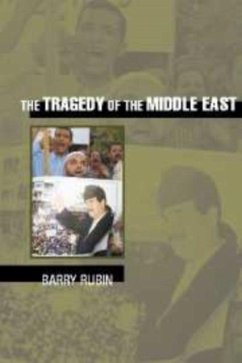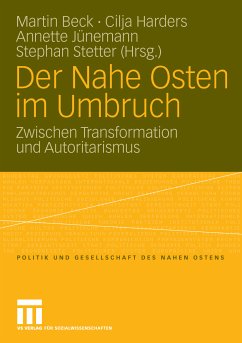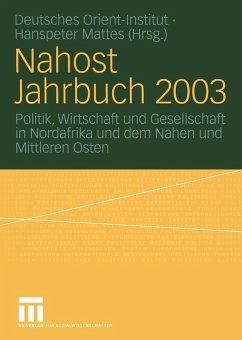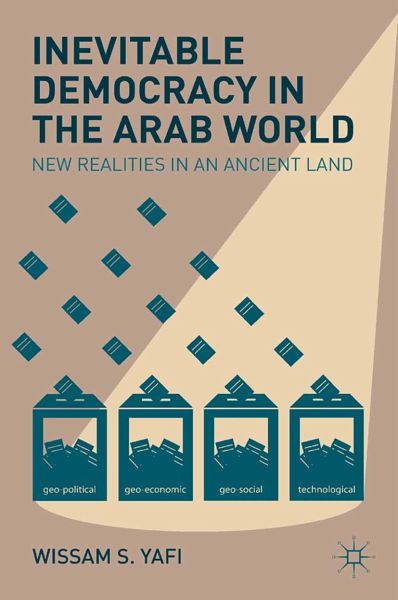
Inevitable Democracy in the Arab World (eBook, PDF)
New Realities in an Ancient Land
Versandkostenfrei!
Sofort per Download lieferbar
40,95 €
inkl. MwSt.
Weitere Ausgaben:

PAYBACK Punkte
20 °P sammeln!
Wissam S. Yafi argues that there are four dynamics leading to inevitable change in the Arab region: geopolitical, geoeconomic, geosocial, and technological. Yafi comes to the conclusion that no system will be able to support the dynamics in place except for democracy.
Dieser Download kann aus rechtlichen Gründen nur mit Rechnungsadresse in A, B, BG, CY, CZ, D, DK, EW, E, FIN, F, GR, HR, H, IRL, I, LT, L, LR, M, NL, PL, P, R, S, SLO, SK ausgeliefert werden.




